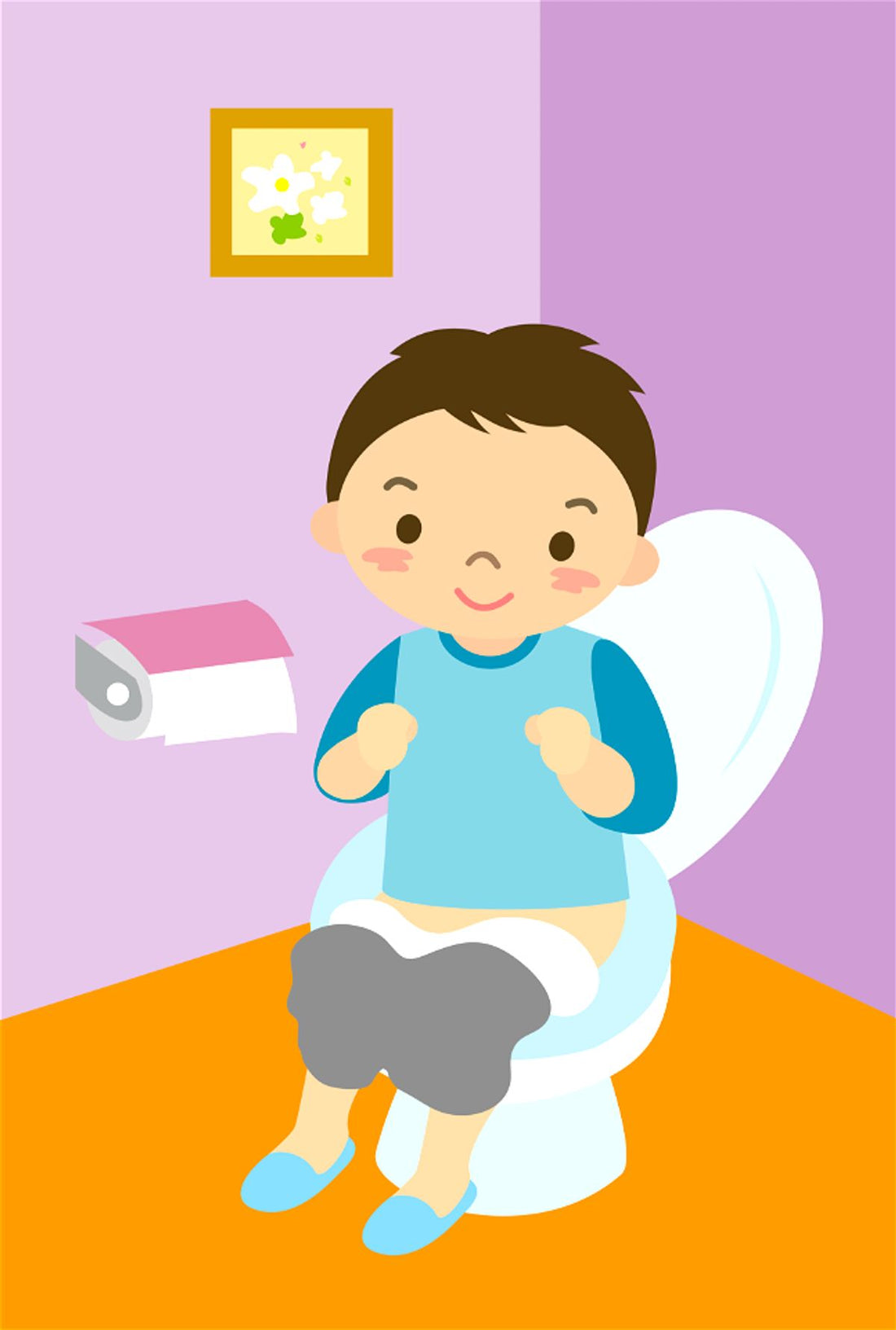Potty training can be a challenging time for both parents and children. However, with the right approach and techniques, it can be a successful and rewarding experience. Here are three key tips to help you navigate through the potty training journey.
Key Takeaways
- Consistency is key in establishing a routine and reinforcing good potty habits.
- Positive reinforcement, such as praise and rewards, can motivate and encourage your child during the potty training process.
- Patience is essential as every child learns at their own pace, so remain calm and supportive throughout the journey.
- Create a comfortable and inviting potty training environment to make the experience more enjoyable for your child.
- Celebrate small victories and progress to boost your child's confidence and motivation during potty training.
1. Consistency

When it comes to potty training, consistency is key. Establishing a routine and sticking to it helps your child understand what is expected of them. This can include setting regular times for potty breaks, using the same language to discuss potty use, and maintaining the same approach to accidents.
- Set regular times for potty breaks
- Use consistent language
- Maintain the same approach to accidents
Consistency not only aids in creating a predictable environment but also reinforces the habits you're trying to instill in your child. It's important to remain consistent even when you're not at home—try to replicate the potty routine as much as possible when out and about or during travel.
Remember, while consistency is crucial, it's also necessary to be flexible and adapt to your child's individual needs. Each child is unique and may require adjustments to the routine.
2. Positive Reinforcement

Positive reinforcement is a cornerstone of effective potty training. Rewarding your child for each small success can significantly boost their confidence and encourage them to continue their efforts. Celebrate every milestone, whether it's sitting on the potty chair or actually using it. Use a variety of rewards to keep your child motivated and interested.
Here are some ideas for positive reinforcement:
- Praise and verbal encouragement
- Stickers or stamps on a progress chart
- A special treat or extra playtime
- A small toy or book as a reward for consistent success
Remember, the goal is to make potty training a positive experience. Avoid showing disappointment if accidents happen. Instead, reassure your child that it's okay and that they can try again.
It's important to tailor the rewards to what your child enjoys and what you find appropriate. Consistency in providing positive reinforcement will help your child associate the potty with a positive outcome, making the training process smoother for both of you.
3. Patience

Potty training is a significant milestone in a child's development, and it requires a gentle approach. Patience is not just a virtue; it's a necessity when it comes to guiding your little one through this process. It's important to understand that each child is unique and will learn at their own pace. Rushing or showing frustration can lead to setbacks, making the experience stressful for both you and your child.
Remember, the goal is to create a positive environment that encourages your child to feel comfortable and confident. Avoid the temptation to compare your child's progress with others, as this can be discouraging.
Here are a few points to keep in mind:
- Celebrate small victories along the way, even if it's just sitting on the potty.
- Be prepared for accidents and handle them calmly without punishment.
- Encourage your child to try again, offering support and understanding.
By maintaining a supportive atmosphere and managing your expectations, you'll be setting the stage for a successful potty training journey.
Conclusion
In conclusion, successful potty training requires patience, consistency, and positive reinforcement. By following these key tips and understanding your child's cues, you can make the potty training process a positive and rewarding experience for both you and your child. Remember, every child is unique, so be patient and supportive throughout this important milestone in their development.
Frequently Asked Questions
What age should I start potty training my child?
Most children are ready to start potty training between the ages of 2 and 3, but readiness can vary from child to child.
How can I encourage my child to use the potty?
Positive reinforcement, such as praise and rewards, can motivate your child to use the potty. Consistency in reminding and encouraging them is also key.
What should I do if my child has accidents during potty training?
Accidents are a normal part of the potty training process. Stay calm and reassure your child, and avoid scolding or punishment.
How long does potty training typically take?
Potty training can take anywhere from a few weeks to several months. Every child is different, so be patient and consistent in your approach.
Should I use a potty chair or a toilet seat insert?
Both options can work, so choose whichever your child is most comfortable with. Some children may prefer the familiarity of a potty chair, while others may prefer using the regular toilet with an insert.
What if my child is resistant to potty training?
If your child is resistant, take a break and try again later. Pressuring them can lead to setbacks, so wait until they show more readiness and interest.

